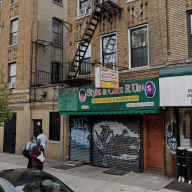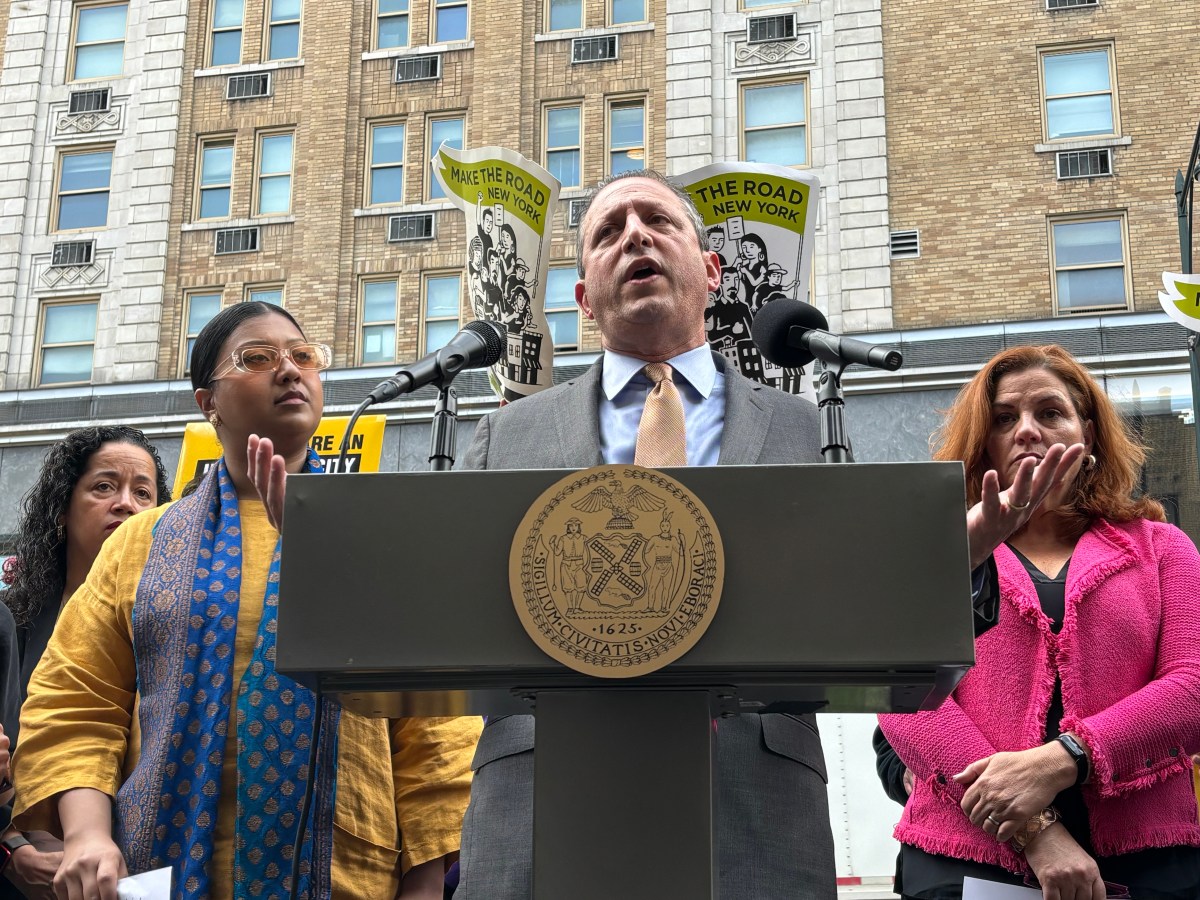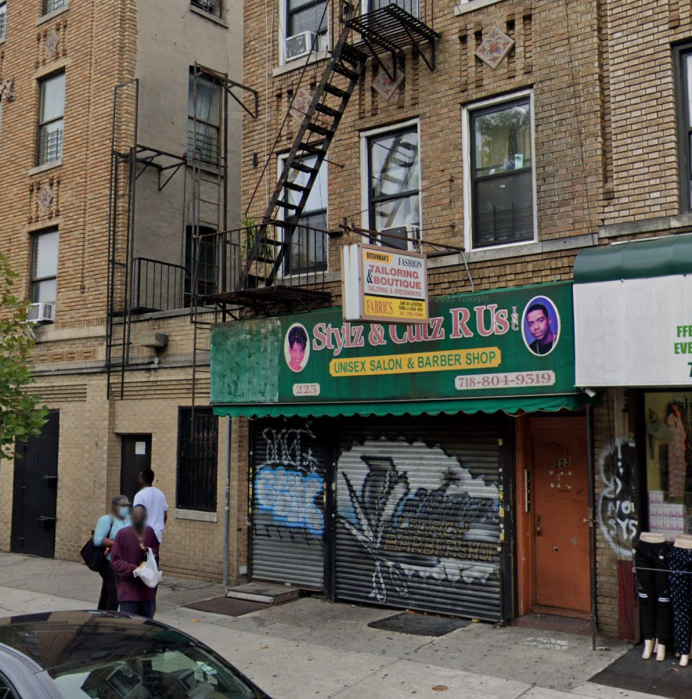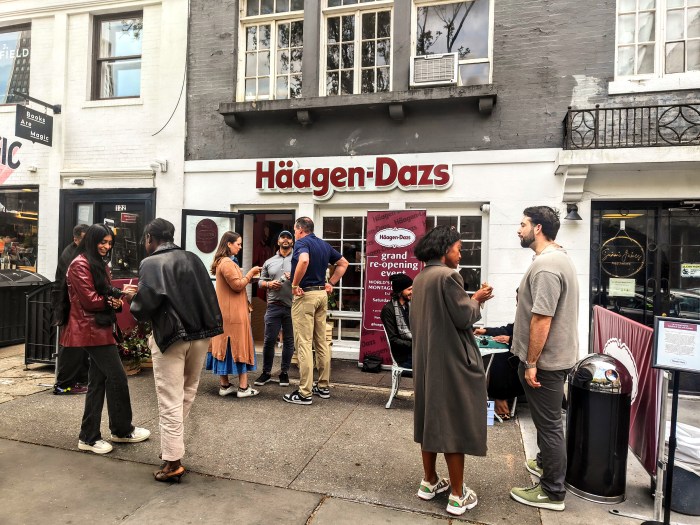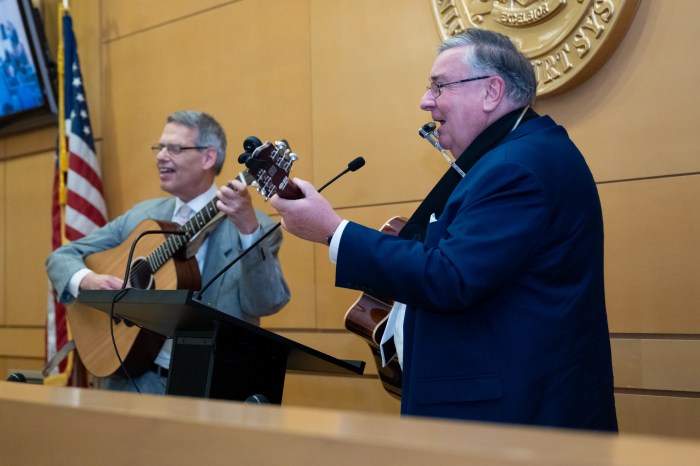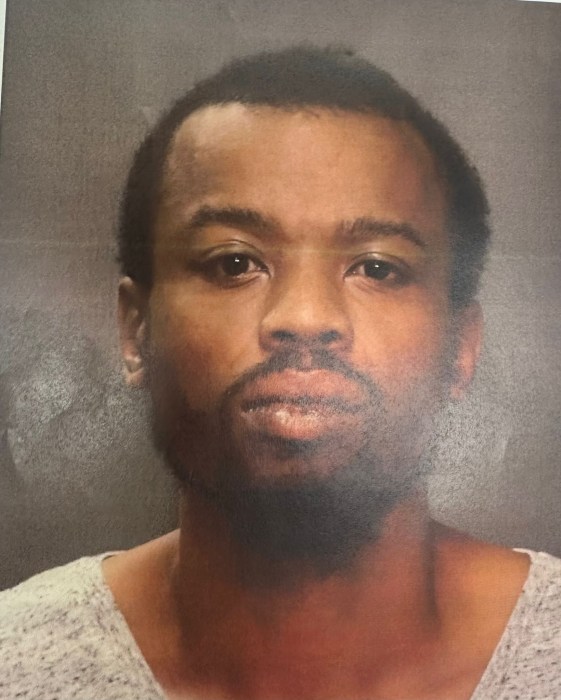An 11th-hour lawsuit filed by two Bay Ridge politicians and three of their disabled constituents has failed to derail the planned service cuts that went into effect on Sunday.
The suit was filed against the MTA and New York City Transit by state Sen. Marty Golden (R–Bay Ridge), Councilman Vincent Gentile (D–Bay Ridge) and the three Bay Ridgites, in Kings County Supreme Court on Friday, June 25 — two days before the draconian cuts were scheduled to take effect.
The complaint — which is based on the city and state’s Human Rights Law — specifically alleges that the authority’s planned bus cuts will have a “discriminatory and disparate impact on people with disabilities in violation of the law,” because of significant reductions in bus service that are part of the plan, developed to eliminate a $400-million budget deficit. There are no handicapped-accessible subway stations on the R-train, which runs under Fourth Avenue in Bay Ridge, where the plaintiffs live.
But, Judge Kenneth T. Sherman denied the plaintiffs’ request to grant a temporary restraining order that would have prevented the service cuts from being implemented. He did, however, order the MTA and New York City Transit to return to court on July 22 to defend their plan.
Gentile said that, while he was disappointed that the judge declined to stop the transit cuts, he was “heartened that the judge seemed very concerned about the impact of the changes on the elderly and particularly the disabled.”
Among the bus lines being eliminated is the B37 Third Avenue bus that connects Bay Ridge with Downtown, which has been replaced by a rerouted B70, the bus line that currently runs along Eighth Avenue between the Veterans Administration hospital and the 36th Street subway junction in Sunset Park. In addition, the MTA plans to eliminate weekend service on the X27 and X28 express buses between Brooklyn and Manhattan, and cut back service on other bus routes.
The cuts, the suit alleges, would “adversely affect disabled passengers who are eligible for MTA’s Access-a-Ride program, but prefer to take the bus because it is easier, more reliable, faster and convenient. Furthermore, it would prevent people with disabilities from being able to live independently in the community.”
“We depend on the buses. They’re how we get around,” said Jean Ryan, one of the plaintiffs. “The MTA says, take the subways. We can’t do that. They’re not accessible. They say we have Access-a-Ride, but they’re cutting back on that too, so it’s an extra hardship. And, it’s not the same as the subway. With the subway, you can just hop on. With Access-a-Ride, you have to plan in advance.”
The two pols say the lawsuit is necessary because the MTA, above all else, doesn’t know how to run its own business.
The MTA “misuses” the funding it has, Gentile siad, blasting the authority for utilizing a “significant percentage of the revenues they collect from the Verrazano-Narrows Bridge tolls and diverting them to subsidize the fares on MetroNorth and the Long Island Railroad.”
“Maybe the fares on the LIRR and MetroNorth have to go up,” said Gentile. “These are the same riders getting subsidized who oppose the reinstatement of the commuter tax.”
Accountability on the part of the MTA is badly lacking, said John Quaglione, a spokesman for Golden, noting that Golden had co-sponsored legislation introduced earlier this year that would create an oversight board to keep an eye on the MTAs financing.
“You can’t look anyone straight in the face and say, the MTA needs more money, and have anyone believe it,” Quaglione stressed. “It comes down to the management of the money and inefficiency within the organization.”
The MTA declined to comment on the lawsuit.




